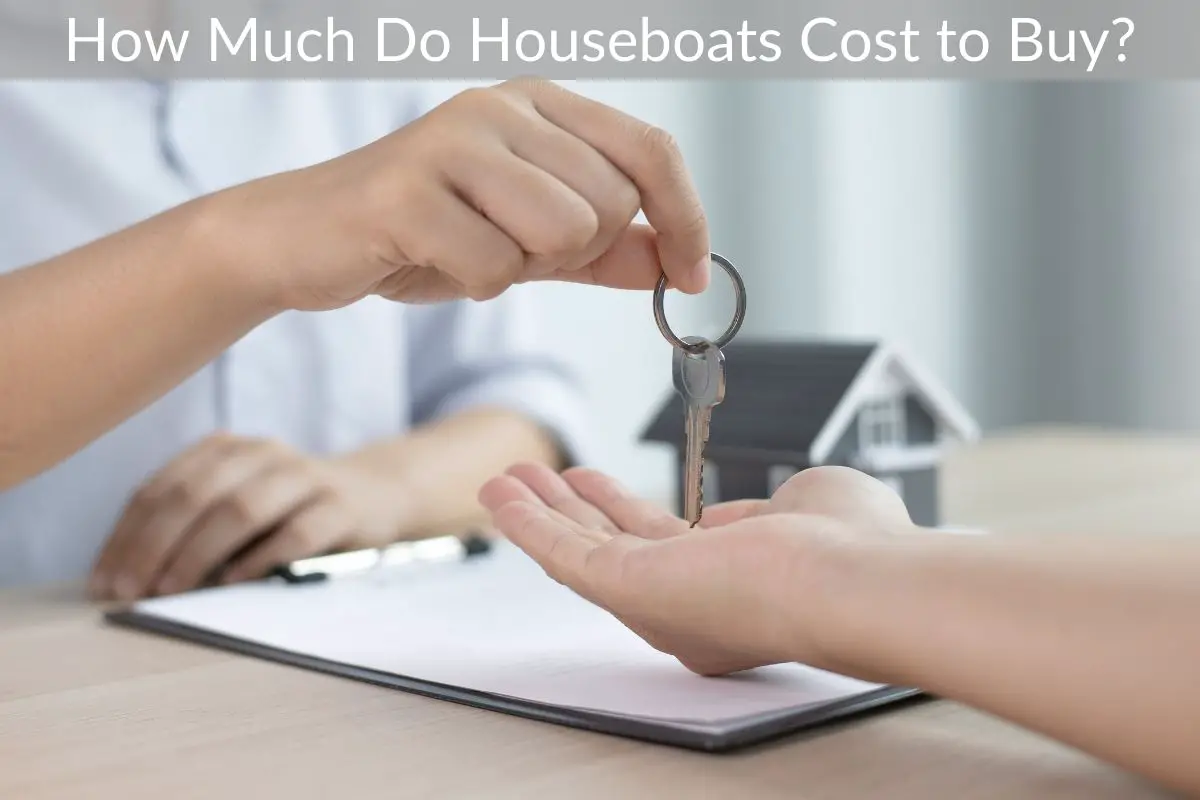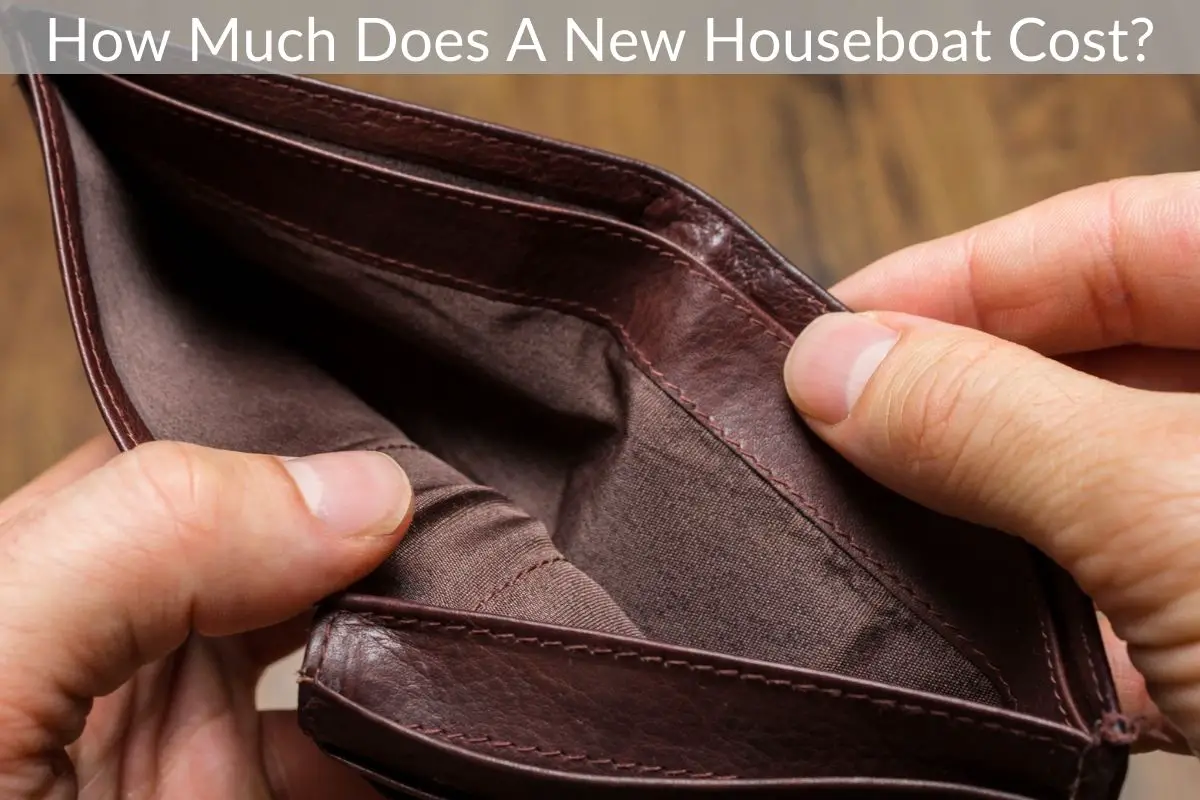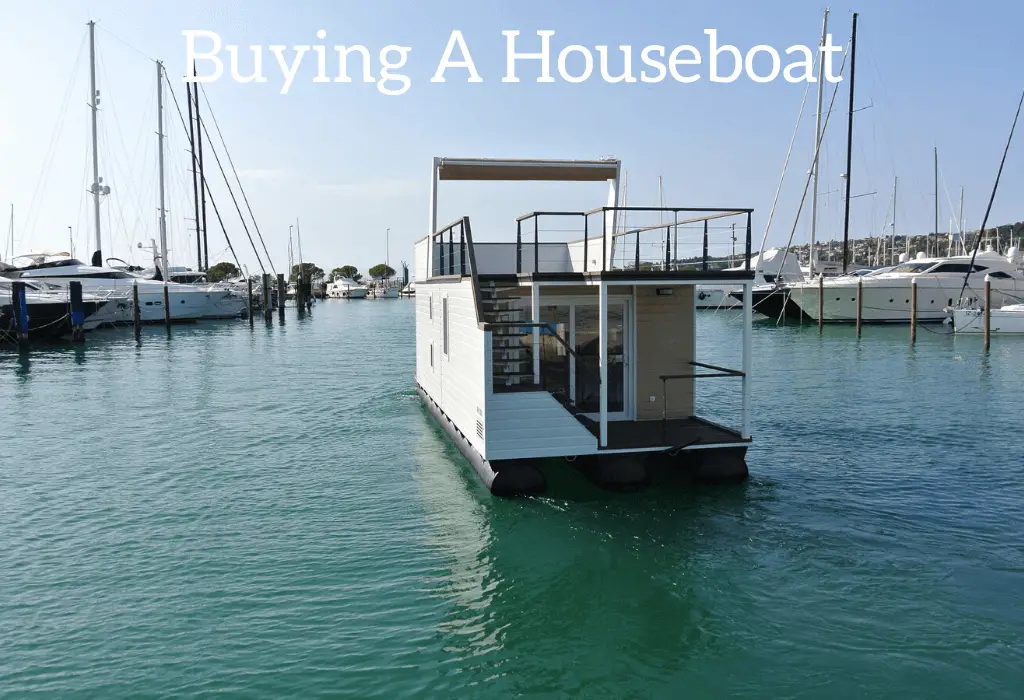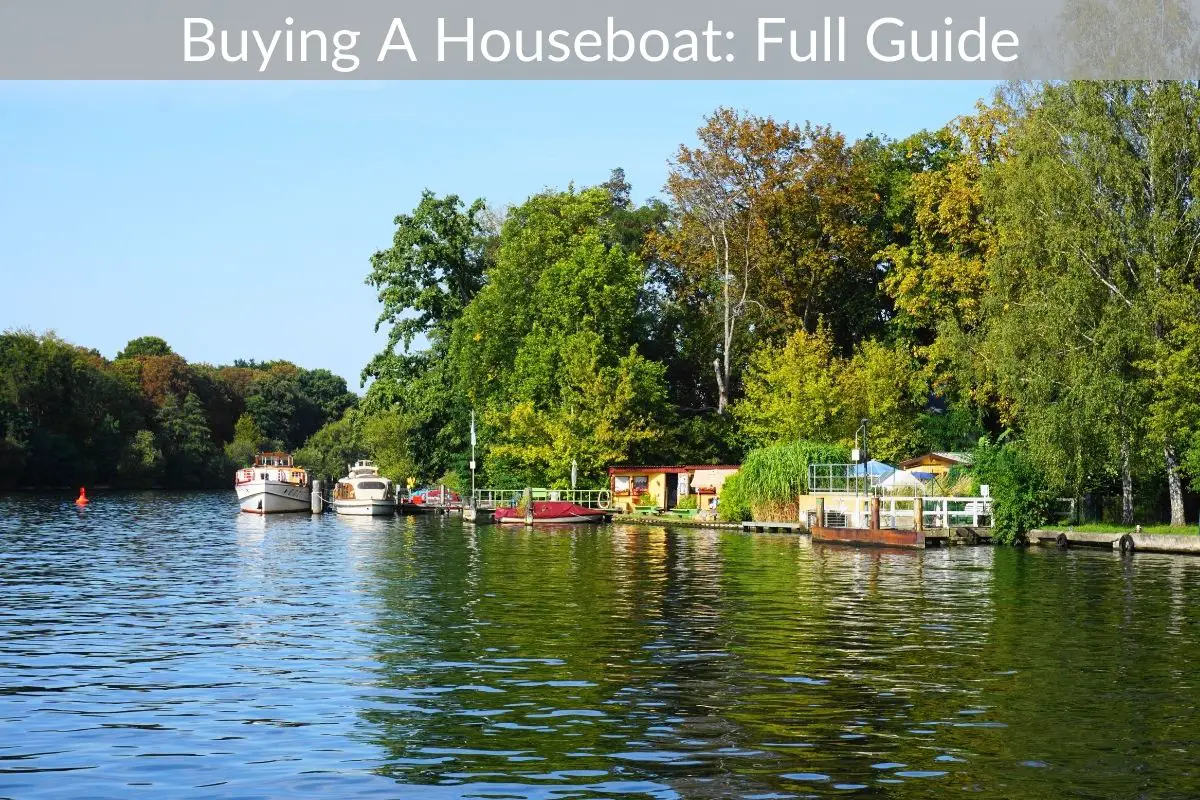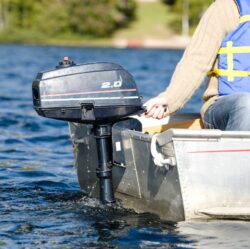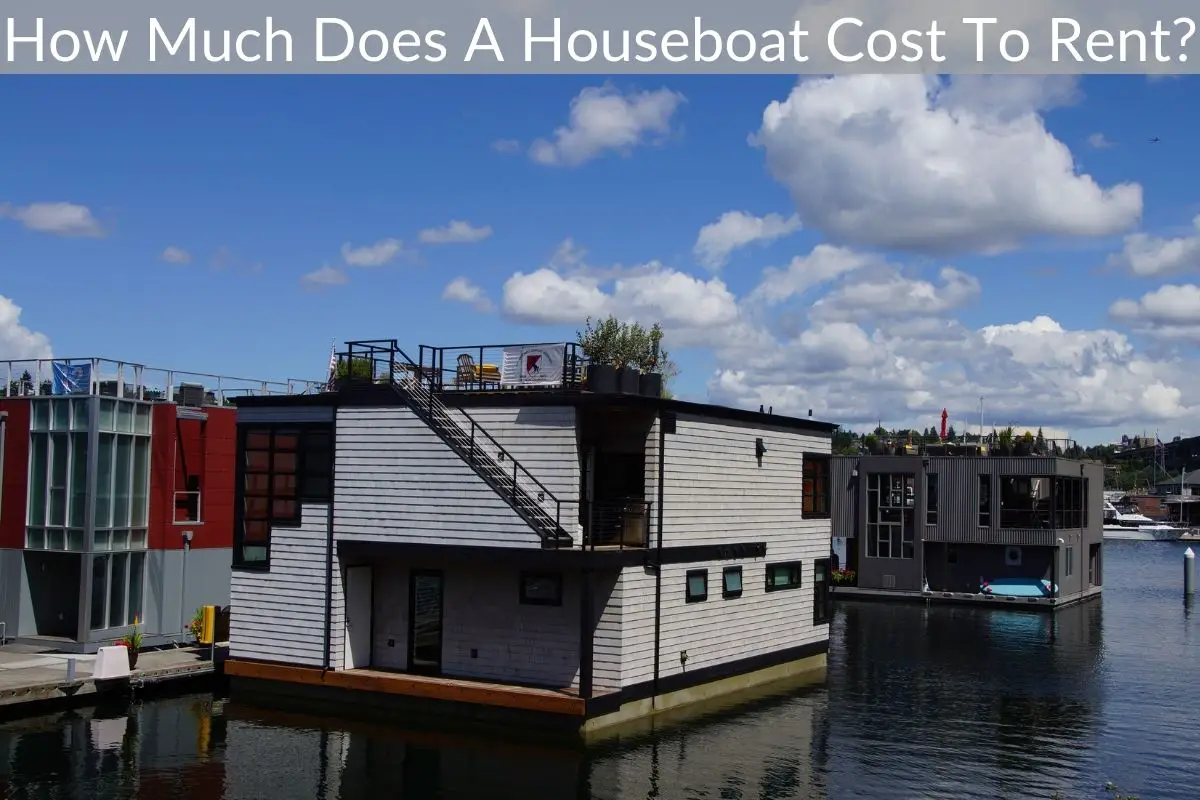If you have recently bought a houseboat you have probably wondered if there was some way to prevent or reduce the bumping when docking your boat. That is where houseboat fenders come into play.
*This post may contain affiliate links. As an Amazon Associate we earn from qualifying purchases.
I was recently doing some research on fenders myself and had a hard time finding information about which size I needed, how to set fenders up, and even how many I needed. I figured if I couldn’t find the information easily, than I would help out people that are looking and answer those questions all in one place!
What Are Boat Fenders Used For?
Boat fenders are used to absorb the shock of your boat if it bumps against the dock or another boat. They are designed to prevent your boat from getting damaged or to keep your boat from damaging the dock or the other vessel that you bump into.
They are great for keeping your new boat protected from damage while getting bumped around because of rough storms or wakes caused by larger boats.
How Many Boat Fenders Do I Need?
You can obviously put as many fenders on your boat as you like but the general recommendation is one for every ten foot of length with a minimum of 3 per side of the boat.
Putting extra fenders on your boat won’t cause any issues besides taking up extra space when you pull them on board. If you want to go above and beyond and put a few extra on your boat it certainly won’t hurt.
If your boat is 50 feet long, then you will want 5 fenders on each side of your boat. If your boat is 60 feet long then you will want 6 fenders on each side.
What Size Boat Fenders Do I Need?
The size fenders you need depends on which style fender you are using and the length of your boat. If your boat is
10-15’ long you will want 3-4” cylinder fenders and 9” round fenders
15-20’ long you will want 5-5 ½” cylinder fenders and 12” round fenders
20-25’ long you will want 6-6 ½” cylinder fenders and 15” round fenders
25-35’ long you will want 8-8 ½“ cylinder fenders and 18” round fenders
35-50’ long you will want 10 ½-12” cylinder fenders and 21” round fenders
50-60’ long you will want 12-15” cylinder fenders and 27” round fenders
60-72’ long you will want 15-24” cylinder fenders and 27” round fenders
If your boat length is on the fringe, it is always better to have too large of a fender than too small. If your fenders are too large it won’t hurt your boat but too small can cause issues.
How To Set Up Boat Fenders
First of all, don’t have your fenders down when going into a slip. They can catch on the dock while you are coming in and tear up something on the dock or on your boat. You will want to put your fenders in place after docking your boat.
Tie your fender to the object on deck that is closest to the bottom of the fender. They can be tied to the lifeline, stanchion base, or cleat whichever is closest to the correct position for the fender.
If you are docking along a flat face pier or seawall, you will want to hang your cylindrical fenders vertically. If you are docking near or on pilings you will want to place your cylindrical fenders horizontally. You can also make a “fender board” that will work to protect your boat in a multitude of different situations.
If you are docking at a fixed dock/pier you will want to place the fenders much higher on the boat near the rub rail. On a floating dock the fenders will often be placed much lower. Just make sure to place your fenders where they will keep your boat from bumping into the dock or other vessels.
Do I Need Houseboat Fenders?
Honestly, as cheap as fenders are it’s silly to not get them for your boat. Fenders can often be purchased for $30-$40 each and most boats will only need 3-4 of them on each side. That is a small price to pay to help protect your vessel from bumping into a dock or another vessel parked nearby.
Obviously you could not use fenders and take your chances but why would you? You spent a good chunk of money purchasing the boat, you will spend money yearly on maintenance and upkeep for your houseboat, why wouldn’t you spend a relatively small amount to protect it from damage while docked?
Do Boat Fenders Float?
Yes, boat fenders are designed to float. If you accidentally drop one overboard you shouldn’t have any issues retrieving it as it won’t sink.
Boat fenders aren’t good to use for keeping someone afloat in the water as they can be difficult to hold on to. For keeping someone in the water afloat a life preserver is the far better option.
The most common boat fender is the inflatable type. Some ship from the manufacture already inflated while others come uninflated and you have to inflate them yourself. Since they are filled with air they won’t sink like your anchor will.
Are They Called Boat Fenders Or Boat Bumpers?
If you’ve ever been to an amusement park then you have probably ridden on the bumper cars or bumper boats. The object of those rides is to bump into your friends and drive away laughing while trying to avoid getting bumped by the other drivers.
For obvious reasons we don’t want to be playing a giant game of bumper boats with boats that cost tens or even hundreds of thousands of dollars.
To get away from the negative connotations of bumper cars/boats the proper name for them is boat fenders. You are trying to fend off the impact from another vessel or the dock. You are trying NOT to bump into it.
What Types Or Styles of Boat Fenders Are There?
As of recent years they have started making some different designs for boat fenders. The most common designs/styles are
- Cylinder Fenders
- Round Fenders
- Transom Fenders
- Flat Fenders
The most commonly used of those 4 are the cylinder fenders and the round fenders. There are some great options in the flat fenders or transom fenders if you have a different style boat or if the dock you always use doesn’t work well with your current fenders.
The flat fenders work very well in protecting boats with step down gunwales while the transom fenders are made to protect the stern of the boat as well as to protect swim platforms.
I hope this information has been helpful to you in keeping your boat protected while docked or when anchored near other vessels. There are many different places to get your fenders from with varying prices but always make sure to do your homework.
It’s better to pay a little more to buy a quality product that will last multiple years than to buy something a little cheaper that will only last 6 months.
Happy Boating!




